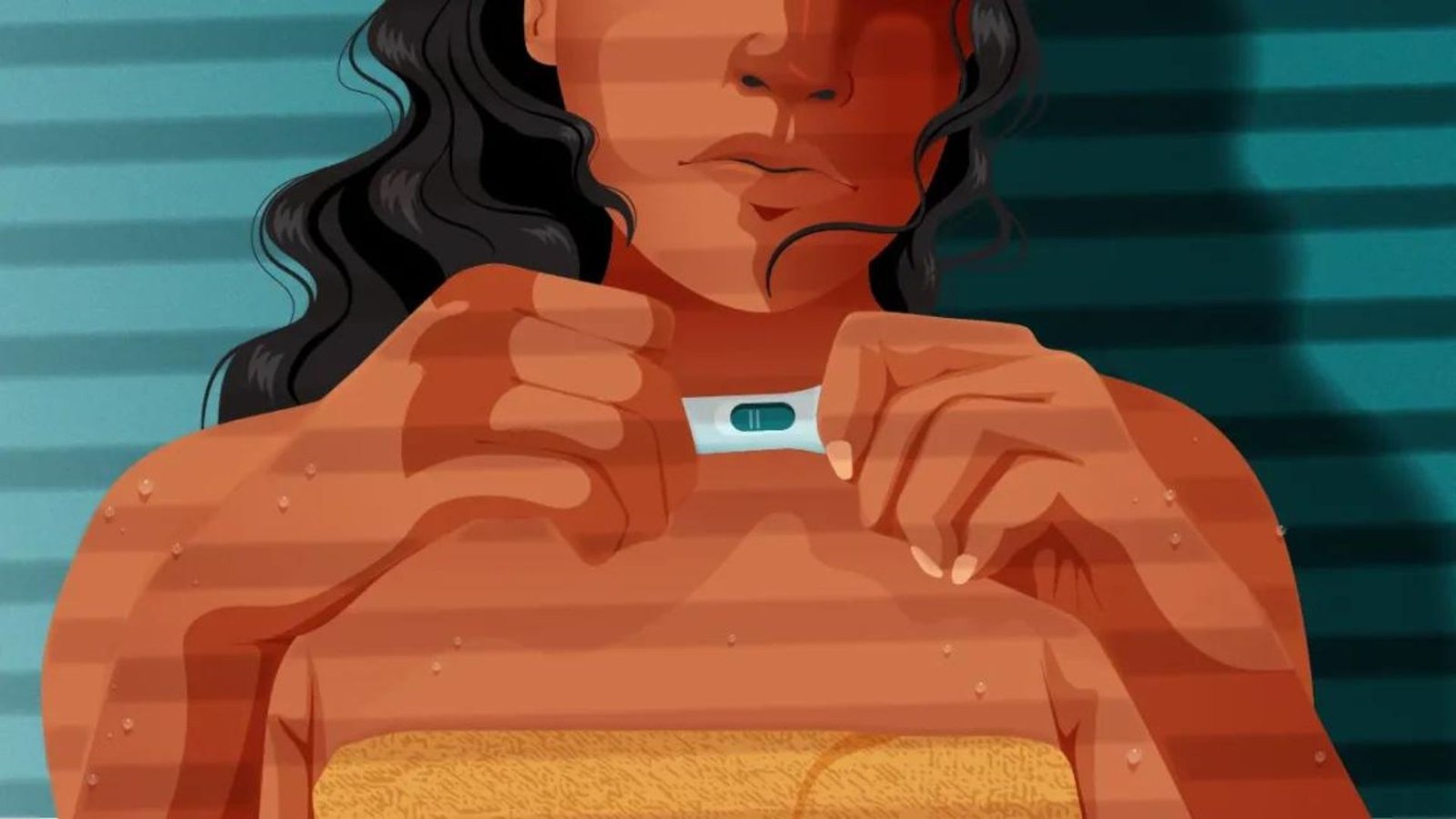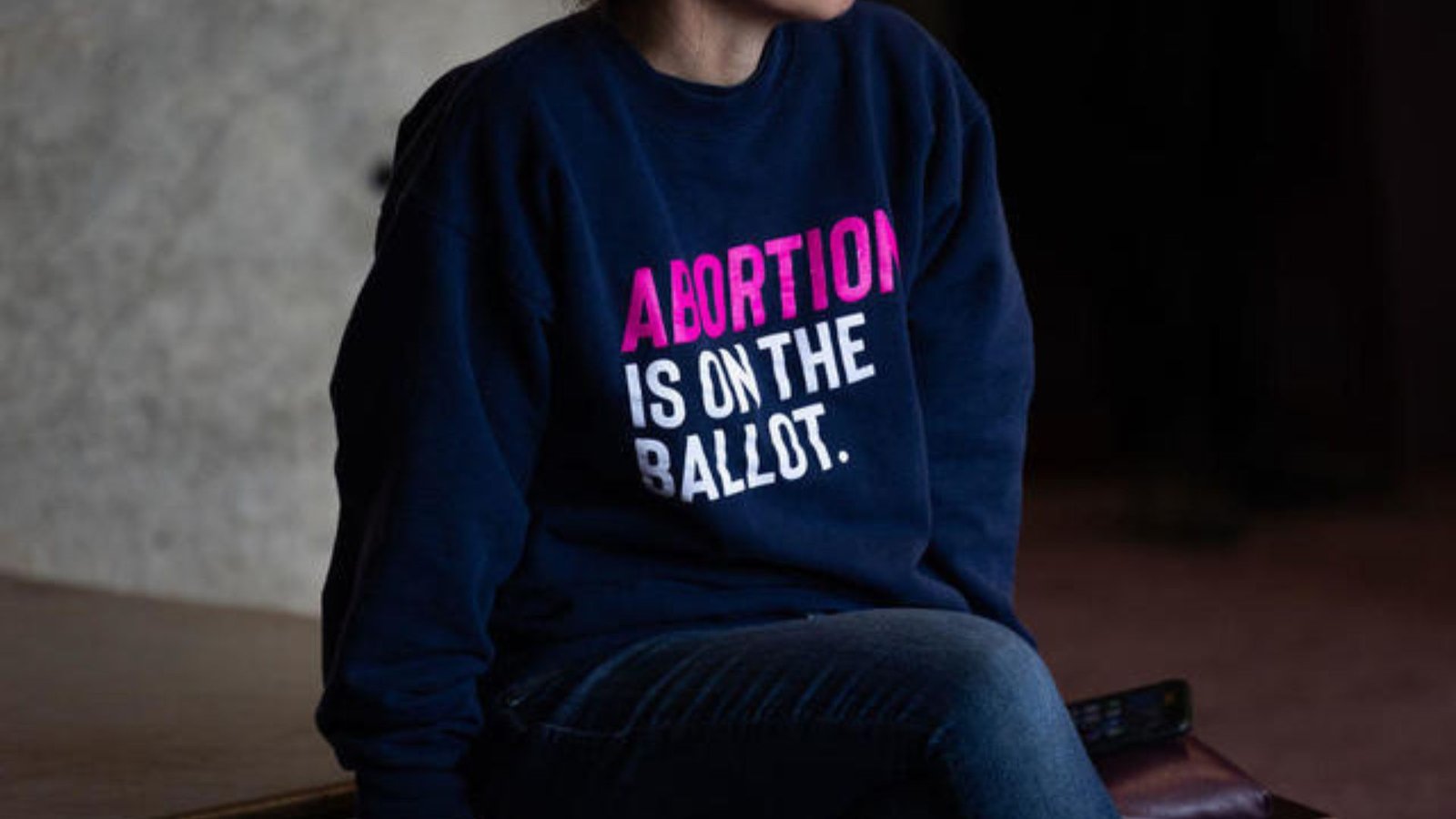
|
Getting your Trinity Audio player ready...
|
Abortion restrictions have been a topic of heated debate worldwide, with laws and regulations varying greatly between countries and regions. These restrictions often have profound effects on individuals, communities, and healthcare systems. In this article, we’ll explore the impact of abortion restrictions and shed light on the consequences they entail.

1. Barriers to Access
2. Impact on Health
3. Socioeconomic Inequities
Abortion restrictions exacerbate existing socioeconomic inequities, disproportionately affecting marginalized and vulnerable populations. Low-income individuals may struggle to afford abortion care, especially if they live in states or countries where public funding for abortion services is restricted. This can perpetuate cycles of poverty and perpetuate disparities in access to reproductive healthcare.
4. Reproductive Autonomy
Abortion restrictions infringe upon individuals’ reproductive autonomy and bodily autonomy, denying them the right to make decisions about their bodies and futures. Laws that impose unnecessary regulations and burdensome requirements undermine the principles of autonomy and self-determination, perpetuating stigma and shame surrounding abortion.
5. Mental Health Impact
The impact of abortion restrictions extends beyond physical health to encompass mental health and well-being. Individuals facing barriers to abortion care may experience heightened stress, anxiety, and emotional turmoil as they navigate complex legal and logistical challenges. This can contribute to feelings of isolation, shame, and stigma, exacerbating mental health issues and perpetuating cycles of trauma.
6. Legal and Political Landscape
Abortion restrictions reflect broader legal and political dynamics, with implications for reproductive rights and social justice movements. Advocates and activists continue to challenge restrictive laws through litigation, grassroots organizing, and public advocacy campaigns, striving to protect and expand access to abortion care. However, ongoing efforts to roll back abortion rights underscore the importance of vigilance and sustained activism in defending reproductive autonomy.
Conclusion
Abortion restrictions have far-reaching implications for individuals, communities, and societies at large. By understanding the multifaceted impact of these laws, we can work towards creating more equitable and just healthcare systems that respect individuals’ rights to make decisions about their bodies and futures. Upholding reproductive autonomy and ensuring access to safe and legal abortion care is essential for promoting public health, gender equality, and human rights worldwide.
You will find the following information useful:
